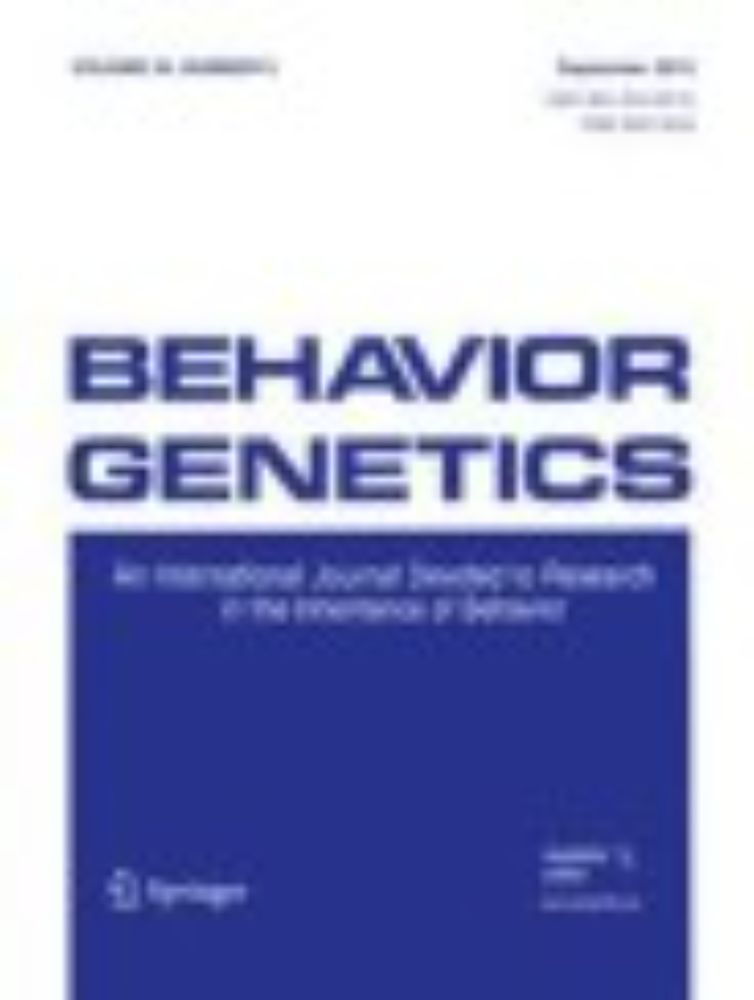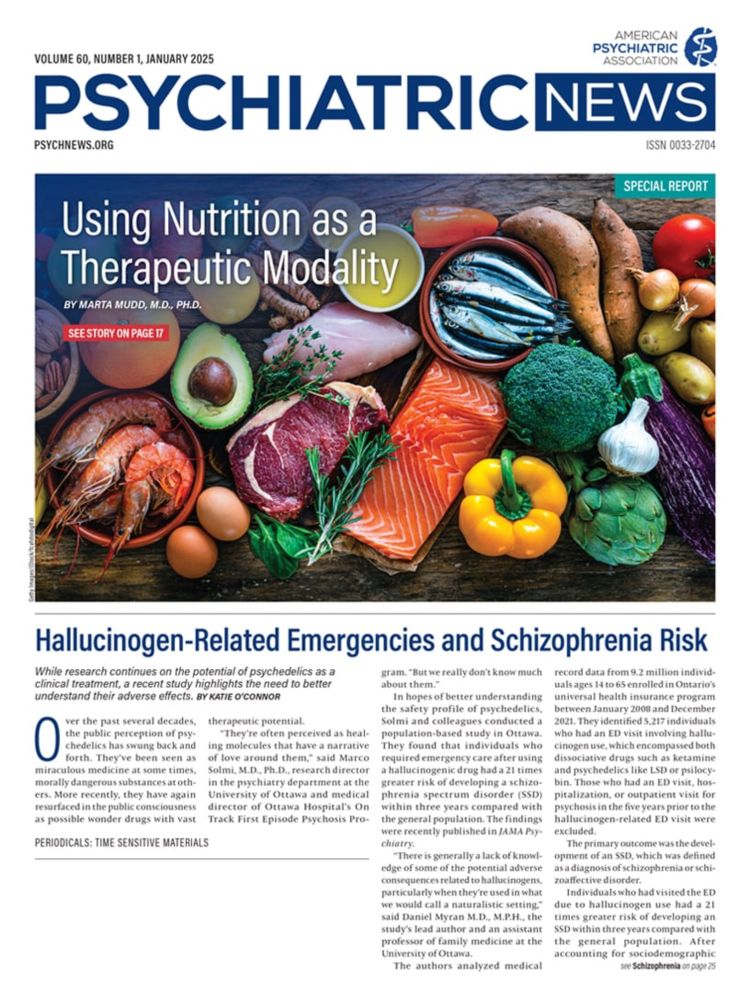Evan Giangrande
@evangiangrande.bsky.social
180 followers
130 following
26 posts
Postdoc at Broad Institute, Mass General Hospital, & Harvard Med
Psychiatric & Behavioral Genetics | Psychotic Disorders | Cognitive Development | Longitudinal Modeling
Chair of Behavior Genetics Association Public Science Committee
Posts
Media
Videos
Starter Packs
Reposted by Evan Giangrande
Ewan Birney
@ewanbirney.bsky.social
· Aug 19
Reposted by Evan Giangrande
Reposted by Evan Giangrande
Jeff Spence
@jeffspence.github.io
· Dec 17

Specificity, length, and luck: How genes are prioritized by rare and common variant association studies
Standard genome-wide association studies (GWAS) and rare variant burden tests are essential tools for identifying trait-relevant genes. Although these methods are conceptually similar, we show by anal...
www.biorxiv.org










